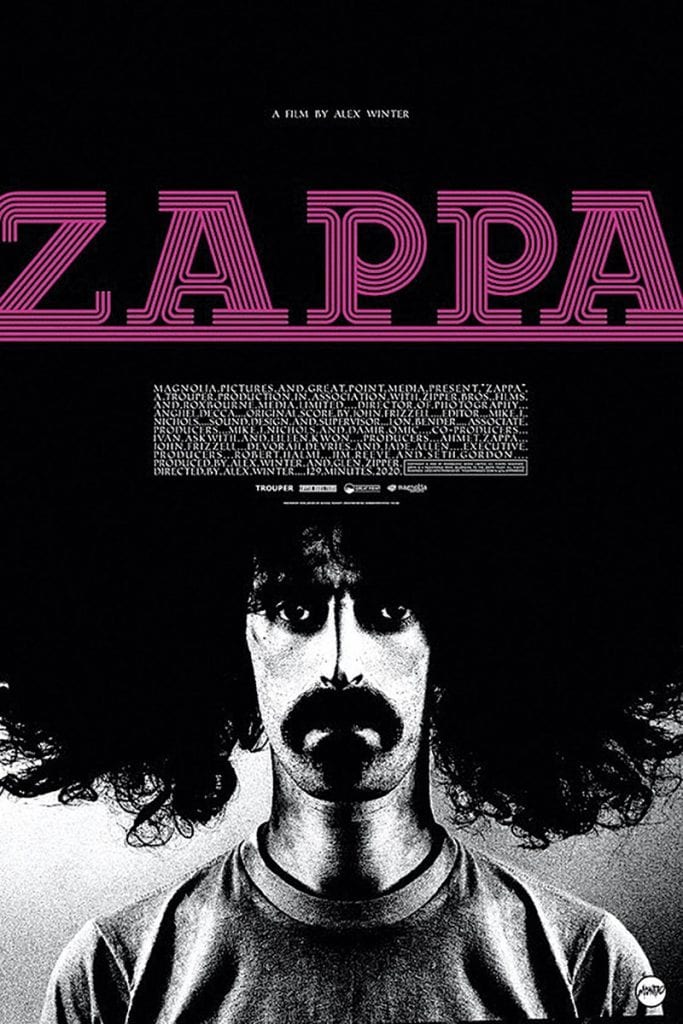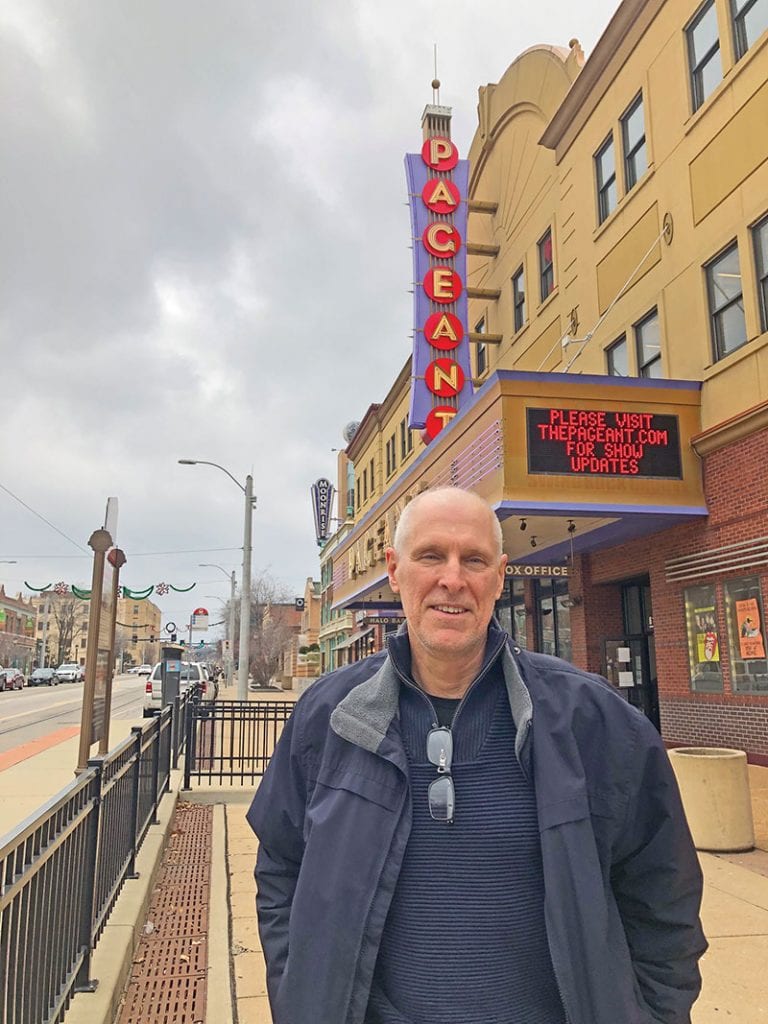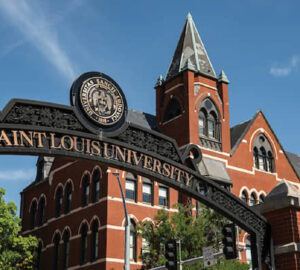clayton | The St. Louis Mosaic Project is committed to fostering a more welcoming nation where everyone feels they belong, regardless of their background or where they were born. As part of those ongoing efforts, it is supporting the Ad Council’s new national ad campaign, Belonging Begins With Us. “We’re excited to extend this important message of belonging as part of our long-term efforts to create a region where everyone knows they belong, and where we can all make connections across our differences,” says Suzanne Sierra of the Mosaic Project. Visit belongingbeginswithus.org, which features first-person stories from across the country, as well as ideas for welcoming actions people can take in their own neighborhoods and workplaces. Among the 40 stories selected nationwide, the local story of Daniela Velázquez (pictured at top) is included. A second-generation Puerto Rican who returned to The Lou after a career in journalism in South Florida, she struggled with feeling like she didn’t belong here. She parlayed her journalism experience into a career in public relations and is a strategist at Elasticity, a digital marketing agency. The 60-second PSA, created pro bono by NYC ad agency Pereira O’Dell, features an a cappella version of the 1968 hit “Walk a Mile in My Shoes” and reminds audiences what it feels like to be left out—and for people who moved to this country, that feeling can last a long time. You can watch the powerful new video on YouTube.
grand center
New year, new name. Stylebooks for metro journalists typically referred to our public television station as KETC-TV (Channel 9). Of late, the station has been the chief component of the Nine Network. But marketers will tell you less is more. It’s ‘Nine PBS’ for the foreseeable future. The station, which last updated its logo more than a decade ago, was created in 1954 to educate and inspire, and it’s always been an invaluable community institution. Station management emphasizes that combining the strong national brand of PBS with the local legacy of Nine establishes an identity that differentiates Nine PBS in an ever-changing media landscape. Now there are dozens, veritably countless, more commercial channels than the original three network outlets many of us grew up watching: ABC, CBS and NBC—plus the public station. Then, a test pattern concluded the broadcast day. Nowadays, you can watch TV 24/7, and often there’s little worth watching on many of those 649 or so channels. On the other hand, Nine PBS broadcasts Sesame Street and other wholesome, educational programs for kids. Youth and adults can watch the latest Ken Burns masterpiece and series on everything from the Civil War to jazz. The venerable TV station aims to fuel positive change through community engagement, presenting programs that encourage viewers to dream, laugh and learn. In a statement, management says the new branding “represents the essence of who we are today—contemporary, vibrant, hopeful about the future, and as passionate as ever about education and working together to make our region strong.”
the metro
The 29th annual Whitaker St. Louis International Film Festival (SLIFF) wrapped on Nov. 22, 2020, but Cinema St. Louis is providing movie buffs another opportunity to view the event’s award winners in the Best of Fest, which is available virtually Jan. 22 through 31. One film to watch is Zappa, a documentary about the late iconoclast Frank Zappa that is directed by Alex Winter, formerly of St. Louis. Not your grandmother’s music doc, the multifaceted narrative brings a complex artist back to life. Viewers will get an intimate yet expansive look at a visionary whose music is impossible to categorize: jazz? comedy? progressive rock? All of the above, most likely. Zappa and eight other features, plus a program of 10 shorts, will be available to stream all 10 days, and several films will include recorded Q&As with filmmakers and documentary subjects. Visit cinemastlouis.org/best-of-fest.
st. charles
In 1998, indie band Semisonic released the hit “Closing Time” with a lyric that’s since entered the vernacular: “You don’t have to go home, but you can’t stay here.” So when bars closed for the night in Illinois and St. Louis City and County, inveterate party animals continued their shenanigans by descending on the Main Street entertainment district in St. Charles, where closing time was later than most elsewhere in the metro. That was, until right around Thanksgiving—the county’s health department established an 11 p.m. curfew starting Nov. 25 for bars and restaurants. The policy led some watering holes to sue, an effort that has yet to succeed. Well, COVID-19 policies throughout the metro—regarding group size, indoor dining vs. take-out and delivery, mask or no mask—seem to vary like the weather. So, guess what? The curfew was rescinded Jan. 11, allegedly because cases in St. Charles County had not spiked in December. Well, OK. At press time, that remained the case. But who knows what may have changed when this issue hits the street? Folks, just drink at home and maybe nobody gets hurt, catches the ‘corona’ or both.
notable neighbor
st. louis
The pandemic means that how sports are played may never be the same. Restaurants close daily, all too many never to reopen. But few business models have been challenged as severely as the places where we used to go, with impunity, to enjoy live music. Pat Hagin has been in the business in one capacity or another since he started bartending at Mississippi Nights in 1980. He handled booking for the venue for 19 years. Hagin is managing partner at The Pageant on Delmar Boulevard, which marked its 20th anniversary in October. Celebrate, not so much—the last regular show was March 10, 2020, before the coronavirus put the kibosh on crowd size. (Hagin’s business partner is the infamous Joe Edwards, who founded Blueberry Hill in 1972 and owns many other establishments in The Loop.) The Pageant, with a maximum capacity of 2,300 fans, stayed dark through last October, until the ‘Glimmer of Normalcy’ concert series began Oct. 24. A glimmer, indeed—a maximum of 336 people were allowed in, consistent with social-distancing requirements. But that only lasted about 10 weeks, and earlier this month, Hagin pulled the plug on concerts at the venue for the foreseeable future. Maybe they can resume sometime in the spring? The answer to that question, says Hagin, is “somewhere up in the atmosphere.” With no consistent, and often conflicting, information from city, county, state and federal authorities, nobody really knows. Even over the phone, I could almost hear Hagin’s eyes roll. Too much is at stake in a public health emergency that shows no signs of waning, especially in a concert environment where thousands of very vocal people are shoulder to shoulder in a petri dish: staff, artists, road crew and the fans, each with a different sense of personal responsibility or none at all. Meanwhile, everyone’s favorite immunologist, the country’s embattled Dr. Anthony Fauci, was quoted last week as saying that “sometime in the fall” it would be safe to hold concerts, open movie theaters and resume other live events once the vaccine has been widely distributed and we achieve herd immunity. In an understatement, Hagin says: “The vaccine is pretty important to what we do.” Whenever the facility is able to resume ‘normal’ activity, screening protocols will have changed. It may be that fans will need to display something like an official certificate of vaccination to be allowed entry, Hagin points out. “We’ll facilitate that as we go along,” he says. But anyone who has attended a concert since who knows when is used to a bit of a ‘hassle’ whenever they go to a show. Purses will be searched, if they’re allowed inside at all. Fans may be patted down, or frisked. (By the same token, many of us can’t remember what it was like to board a commercial flight before Sept. 11, 2001.) All that said, there’s a light at the end of the tunnel, financially speaking, for Hagin et al. Government grants to independent venues and promoters as part of the ‘Save Our Stages’ bill passed by Congress are slated to be disbursed beginning as soon as February. Visit thepageant.com.










